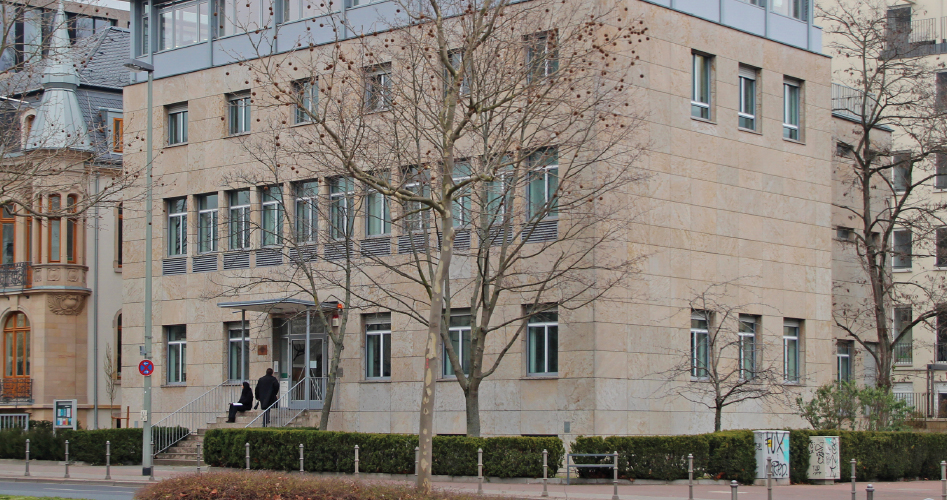The Frankfurt School
The remote and desolate Argentine Pampas might seem an unlikely source for a global revolution, but one hundred years ago they produced a man who created a movement that today holds the entire Western world in its thrall. The millions of mindless “wokesters,” the enforcers of political correctness and the cancel culture, and the lost souls who have succumbed to the so-called new morality that has convulsed the West since the 1960s, all trace their origins to the person of Felix Weil, a German-Argentine student who happened to be an heir to one of the world’s greatest fortunes a century ago. Though Weil is not today a household name, it was he — and his immense wealth — that gave birth to an influential institute that attracted in its day many of the most influential radical Marxists, and ultimately fueled a cultural revolution across the West that continues to reverberate and corrode a century later.

Institute for Social Research, Frankfurt am Main, Germany (Photograph: Frank C. Müller, Frankfurt am Main / Wikimedia Commons)
Felix Weil was born in Buenos Aires, son of Hermann Weil, an extremely wealthy grain exporter, and Rosa Weil, a wealthy heiress in her own right. By the time he came of age, young Felix had not only become a Marxist revolutionary, he also controlled a vast sum of his parents’ wealth. At the University of Tübingen and then the University of Frankfurt, Weil studied political science, his radical inclinations deepening all the while. As early as 1918, Weil was caught up in the revolutionary fervor that swept over Germany after the end of World War I, participating in at least one weapons seizure during an uprising in Frankfurt. No doubt in part because of his great wealth, Weil soon became acquainted with a number of leading radical Marxist revolutionaries and even prominent Communist Party members, including Karl Korsch and Max Horkheimer. In 1920 Weil was also recruited as a spy by the Soviet communists, and returned to Argentina for a year to spy on his native country and report on labor and other conditions to the Soviets.
JBS Member or ShopJBS.org Customer?
Sign in with your ShopJBS.org account username and password or use that login to subscribe.

 Subscribe Now
Subscribe Now
- 24 Issues Per Year
- Digital Edition Access
- Exclusive Subscriber Content
- Audio provided for all articles
- Unlimited access to past issues
- Cancel anytime.
- Renews automatically

 Subscribe Now
Subscribe Now
- 24 Issues Per Year
- Print edition delivery (USA)
*Available Outside USA - Digital Edition Access
- Exclusive Subscriber Content
- Audio provided for all articles
- Unlimited access to past issues
- Cancel anytime.
- Renews automatically

